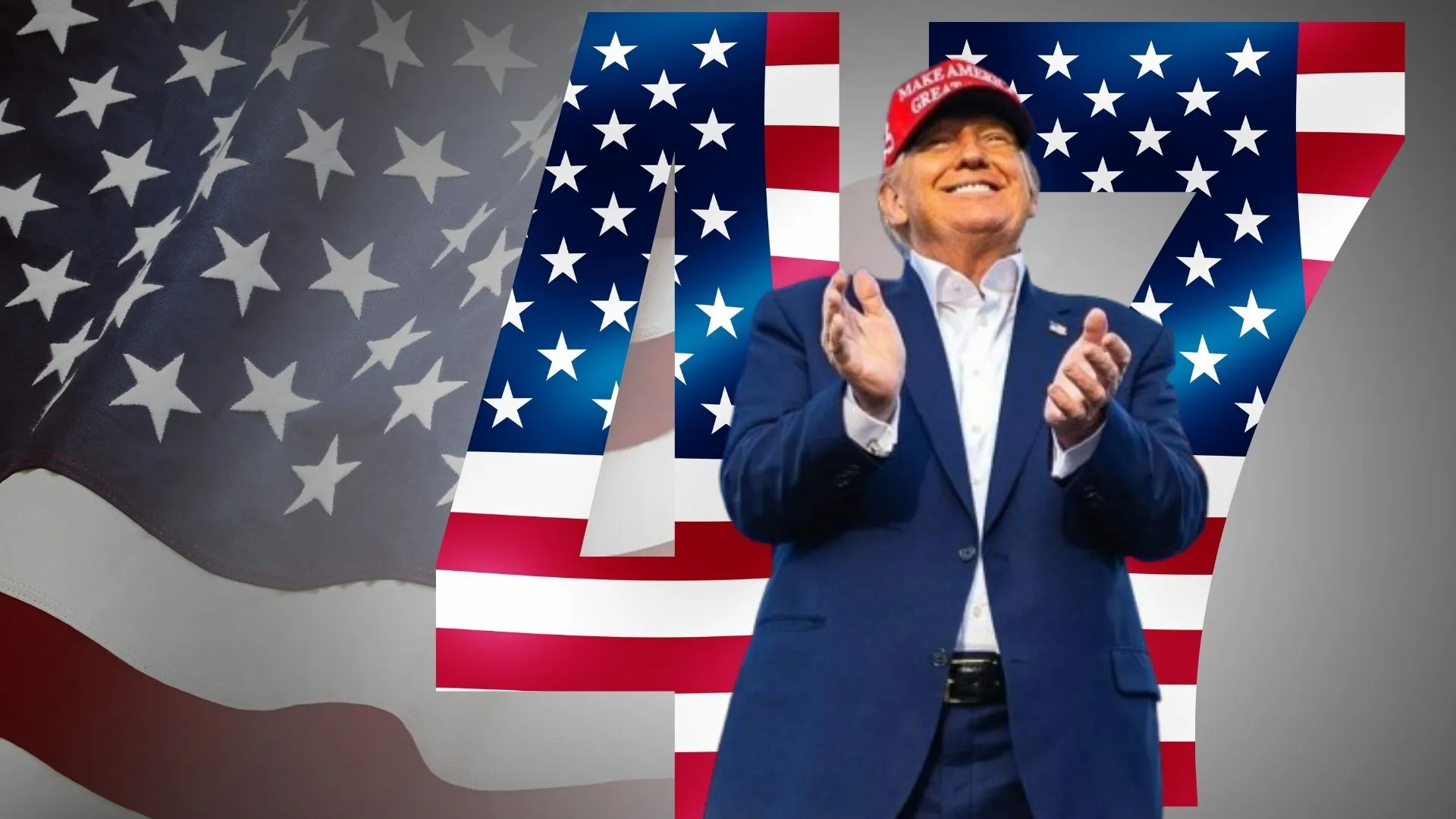Former US President Donald Trump has secured a historic victory in the 2024 presidential election, making a dramatic return to the White House as the 47th President of the United States. Trump’s win marks the first time in 132 years that a president has been ousted from office and then re-elected four years later—an achievement that mirrors the unique comeback made by Grover Cleveland in the late 19th century.
Following his win, strategic affairs experts believe that the relationship between India and the United States could strengthen further under Trump’s leadership. As one of the world’s largest and fastest-growing economies, India is considered an increasingly vital partner for the US in global trade and security. The two nations have seen significant cooperation in areas such as defense, technology, and trade during Trump’s first term, and analysts expect this trend to continue or even accelerate as both countries seek to enhance their strategic alliance in the Indo-Pacific region.
However, experts also caution that Trump’s return to office could bring challenges that may strain US-India relations, particularly regarding trade policies and immigration. Trump’s election campaign was marked by a strong “America First” rhetoric, with promises to implement higher tariffs on foreign goods, particularly imports from China. His administration had previously imposed tariffs on several countries, including India, and there are concerns that a similar approach could lead to trade tensions in the future.
Furthermore, Trump has repeatedly vowed to address the issue of undocumented immigration in the US, promising to launch a large-scale deportation program. This stance, if implemented, could impact the millions of Indian nationals residing in the US, particularly those on work visas. India, home to one of the largest immigrant populations in the US, may find its interests at odds with Trump’s hardline immigration policies, which could lead to diplomatic friction.
Despite these potential challenges, the Trump administration’s return has been met with some optimism, particularly in the context of India-US relations. The United States’ position as a global economic powerhouse and India’s role as a rapidly emerging economy provide a strong foundation for continued collaboration. Trade agreements, defense cooperation, and joint initiatives in areas like technology, education, and climate change could see further growth under Trump’s second term.
A Shift in the US Political Landscape
Trump’s victory came after a highly contentious election, with his Democratic rival, Vice President Kamala Harris, conceding defeat. Harris, in a call to Trump, extended her congratulations and emphasized the importance of a peaceful transition of power. She also noted that the president-elect must work for all Americans, regardless of political affiliation. According to CNN, Harris discussed the need for unity and collective progress, underlining her commitment to the ideals of democracy and governance.
Trump’s return to the White House is notable not only for its historic nature but also for the broader implications it holds for US politics. He is now the first president in modern history to lose a re-election bid and then successfully return to the presidency after a four-year hiatus. The political landscape, which was deeply divided throughout the election cycle, now faces the challenge of navigating the polarized views of the American electorate.
In her concession speech, Harris addressed her supporters with a call to action, emphasizing that while she had lost the election, the fight for freedom, justice, and equality was far from over. “This is a time to organize, to mobilize, and to stay engaged,” she told the crowd, encouraging them to continue their activism for a better future. Her message was one of resilience and determination, urging her supporters to keep pushing for the values they believe in.
Global Markets React to Trump’s Victory
Trump’s victory also had immediate consequences for global markets. Indian stock indices showed mixed results in the wake of the election outcome, with some sectors facing losses, particularly the metal and banking industries. However, markets in both the US and India posted gains in the days following the announcement, buoyed by the optimism surrounding Trump’s return to power.
As attention now shifts to domestic policy decisions, investors are keenly awaiting announcements regarding the Federal Reserve’s monetary policy and potential rate changes. This could have significant repercussions for global markets, including emerging economies like India, where capital flows are closely tied to the Fed’s policies.
The US presidential election has not only reshaped the political future of America but also brought into focus the future of US foreign policy and its implications for strategic partnerships around the world. For India, the evolving relationship with the US will likely remain a key area of focus, balancing opportunities for growth and cooperation with the challenges posed by Trump’s domestic policy agenda.
As Trump prepares to take office for a second term, global leaders and markets alike will be watching closely to see how his administration navigates both domestic priorities and international diplomacy, particularly in the context of the evolving India-US partnership.





